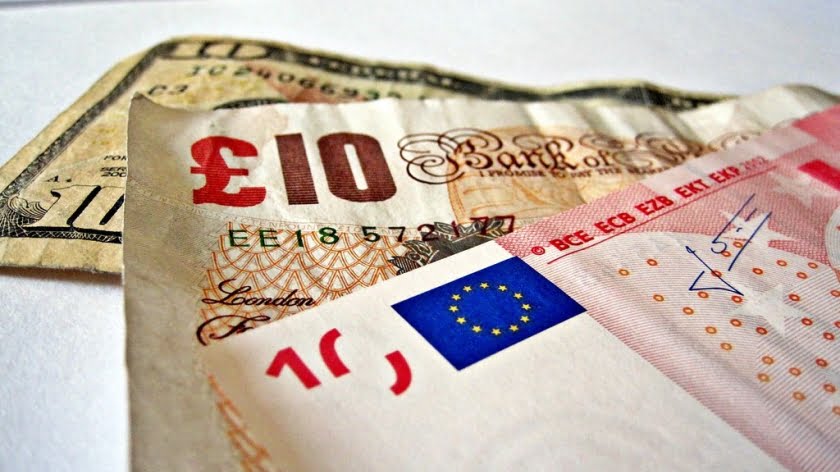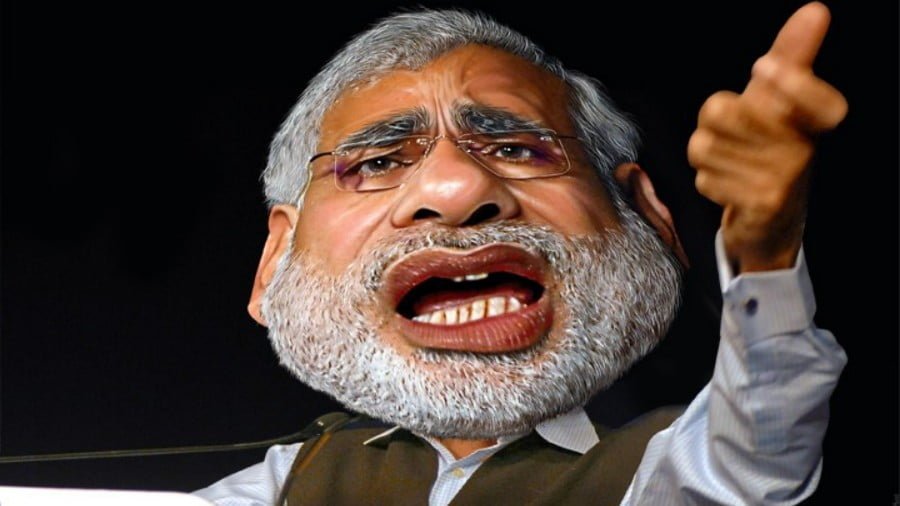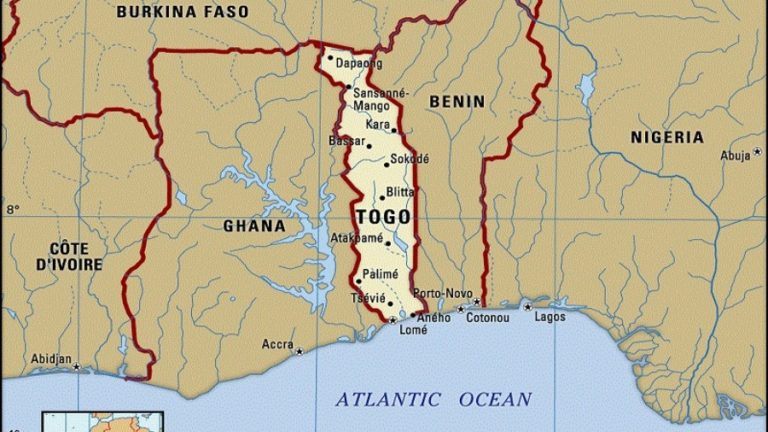War: Always Bad for Business – Sometimes Good for Subsidised Cartels
In countries operating their monetary system based on a gold standard, modern wars could simply not be waged. The amount of money necessary to power a fully modernised and mechanised war machine is simply not available when one is bound by the fiscal discipline that is derived from a stable gold backed monetary system. Britain learned this the hard way when the Great War/First World War forced what was then the world’s most powerful empire to humiliatingly uncouple the once unshakeable pound sterling from gold.
After the Second World War, the United States assumed Britain’s role as the world’s most powerful and wealthiest country. However, the foolish decision to spend copious amounts of dollars in fighting the utterly useless war in Vietnam ended up being the straw that broke the camel’s back when it came to the last attempt at an American gold standard. In order to fund the war, the US inflated the money supply and before long, the US simply could not redeem dollars for gold at the fixed rate of $35 per ounce. Thus, the foundation of the Bretton Woods system was broken and in 1971, Richard Nixon humiliatingly closed the gold window.
Beyond the damage war does to a stable monetary system by necessitating fiscal irresponsibility, war also tends to narrow if not obliterate the normal channels of global trade. This means that there are fewer opportunities for businesses to expand whilst it also means that household goods, manufactured industrial products, food and other commodities such as petroleum become far more expensive for the average consumer. In some cases, entire varieties of products become unavailable. This itself has seen many global wars blowing back on economically depressed warring nations in the form of civil disquiet.
These are just some of the reasons why consumers and businesses do not like war. This is why it is outrageously false when leftists claim that big business likes war. The only big businesses that like war are those manufacturing arms and some related industries along the supply chains of the arms manufactures. But is this actually big business? Major weapons makers cannot and more importantly do not compete within a traditional open market. This is because the consumers of warplanes, missiles and tanks are not businesses or individuals. The only entities buying up military grade weaponry are governments whose source of income is derived not from producing a product in the open market but from taking money from ordinary people and businesses under the penalty of legal retribution (aka taxation).
Therefore, it is totally disingenuous to claim that companies which exist only due to the fact that they are subsidised by big government are indicative of an imagined trend of big business liking or wanting war. In any case, the military-industrial complex only constitutes a small portion of the overall industrial sector and in terms of how the military-industrial complex functions, it is a clear outlier because unlike every other variety of business, its goods cannot be legally purchased on the open market and therefore it could not sustain itself in the absence of big government.
Whilst an individual could buy a bus, private jet or yacht on the open market, an individual cannot buy a modern tank, fighter jet or aircraft carrier on the open market. As such, it is unfair to say that businesses which are subsidised by the government and that otherwise only make money by selling their armaments to foreign regimes are representative of any organic trend in the private sector. If an ordinary person is legally restricted from buying an otherwise legally produced product (as opposed to a black market product) and if such companies only make money through being directly or indirectly subsidised by governments, what one is witnessing is a variation of a command economy model rather than an open market economy.
Put simply, the military-industrial complex is not representative of business on a free enterprise model but is instead representative of a command economy structure that in a place like the US or UK acts like a parasite leeching off the tax revenue generated by the actual private sector.
Thus, whilst open markets react badly to war and whilst consumers and workers take an economic hit during times of war, the command economy surrounding most of the military-industrial complex functions well during a time of war.
As such, a true business mindset is the antithesis of a warrior’s mindset and free trade is the antithesis of international hostility. Furthermore, a politician cannot be pro-business and pro-war but a politician can be pro-command economy and be pro-war.
With this in mind, at a time when Britain’s main international goal should be striking as many free trading agreements as possible in preparation for the UK’s exit from the European Union, instead, Foreign Secretary Jeremy Hunt is threatening China with sanctions which as the world has come to know in recent years is a provocative, anti-business, anti-consumer act of economic warfare.
In spite of this, Hunt’s Conservative party claims that it is a party of business. But if its version of being pro-business is to provoke hostilities against a major trading partner and a potentially humongous post-Brexit trading partner, the party is clearly lying when it claims to be pro-business.
The reason that command economies tend to be less averse to war than genuinely free market economies is because in a command economy all production and all capital flow is regulated in the way that the military-industrial complex is regulated in countries like the US and its wealthy European partners.
Therefore, it is time for people like Jeremy Hunt and indeed people like John Bolton to come clean. Are they in favour of economic freedom or are they in favour of war? What is known for certain is that one cannot be in favour of both.
By Adam Garrie
Source: Eurasia Future







